Vet History PhD – Introducing Jane!
This is the first of a series of blog posts by PhD student Jane Davidson, who began her studies with RCVS Knowledge and the University of Kent in Autumn 2019. Click here for more information about this project, or follow Jane’s Twitter feed and hashtag #phdbythesea

Jane Davidson
I imagine that this period of change and disruption is making many people re-evaluate their life choices, and I’m one of them. I’m so happy to say that being immersed in veterinary history is the place I would want to be right now on lockdown. So it’s pretty fabulous that I’m doing a PhD on the professionalisation of animal medicine in the UK. The PhD aims to analyse how and why the medical treatment of animals came to be professionalised. This will involve identifying the reasons for, and effects of, the 1881 Act, which formally established the Royal College of Veterinary Surgeons’ (RCVS) authority to distinguish between qualified and unqualified practitioners.
Seeing a life-changing tweet from RCVS Knowledge early last year brought together the slightly crazy path my career had been on. I read the initial proposal with interest, as I have been writing for and about the veterinary profession for some time. I checked the requirements for the PhD and I met the criteria, in a roundabout way. I did have a first degree in history, gained at Glasgow University as a young thing. I did have a level 7 qualification in my PgCert in Clinical Education, that I studied for while teaching clinical skills to vet nurses. Finally, I did have an interest in the veterinary profession, being a vet nurse, a veterinary blogger and all-round nosey historian at heart.
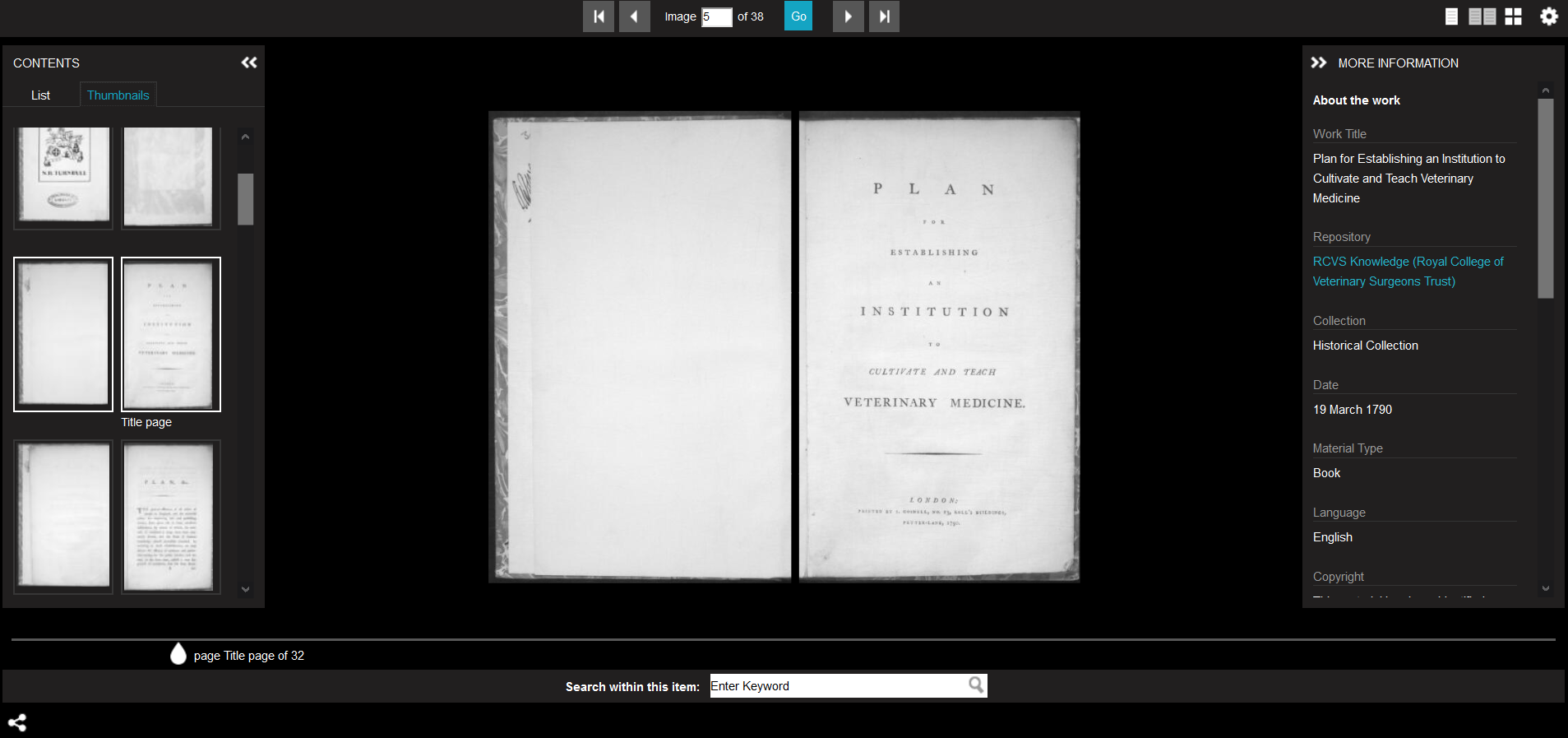
Digitised version of Charles Vial St Bel’s plan for a veterinary school in England – available to read on Vet History Digital Collections.
A summer of reading and writing followed, and I am now here in my garden doing much the same and loving every minute of it. I am fascinated by my findings so far, and am loving watching historical characters and situations come to life through my archive work. The connection with the people and places and events recorded by hand over 200 years ago feels very real. Noting the different handwriting, and sighing inwardly when Charles St Bel took the minutes of meetings (because of the hard work of deciphering his handwriting!) feels like I am among friends. St Bel was a lecturer from the first veterinary school in Lyon, who arrived in England with a plan to set up a similar school here. He met Granville Penn and together with the Odiham Agricultural Society created his vision with the London Veterinary College in 1791. Chatting with the great RCVS Knowledge team about ‘Charles’, ‘Fred’ and ‘Coleman’ with a warm familiarity helps with bringing these people to life.

Manuscript minutes of meetings of the Odiham Agricultural Society. whose work to advance knowledge of livestock management and breeding led towards formal veterinary education in Britain.
With the added pressures on the veterinary industry right now, I am missing clinical work and being part of a clinical team. Yet, right now, I oddly feel more connected with the veterinary profession through the people who were working in it 200 years ago. Their passions and desires jump from each page and I am proud to be here to share their stories.
–Jane–
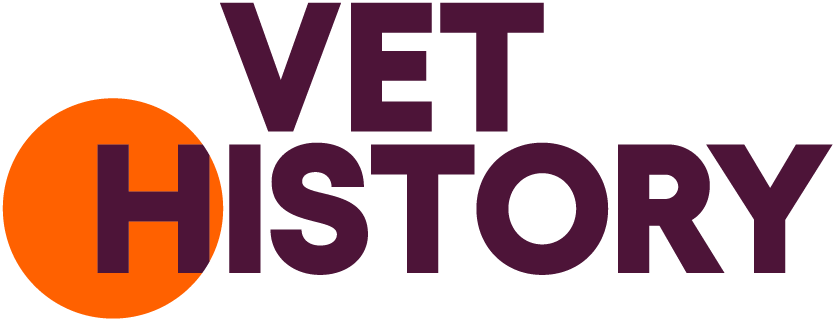
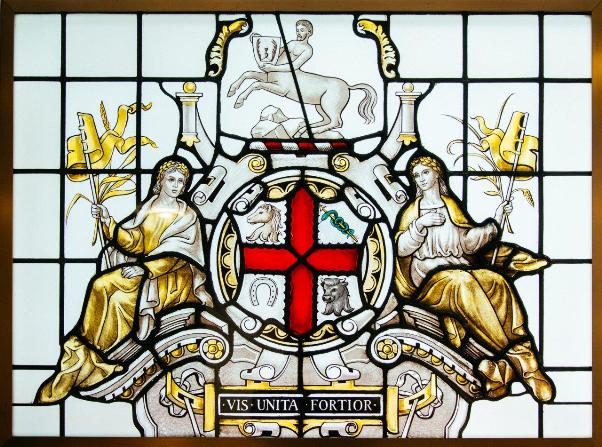
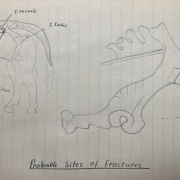
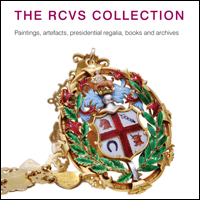
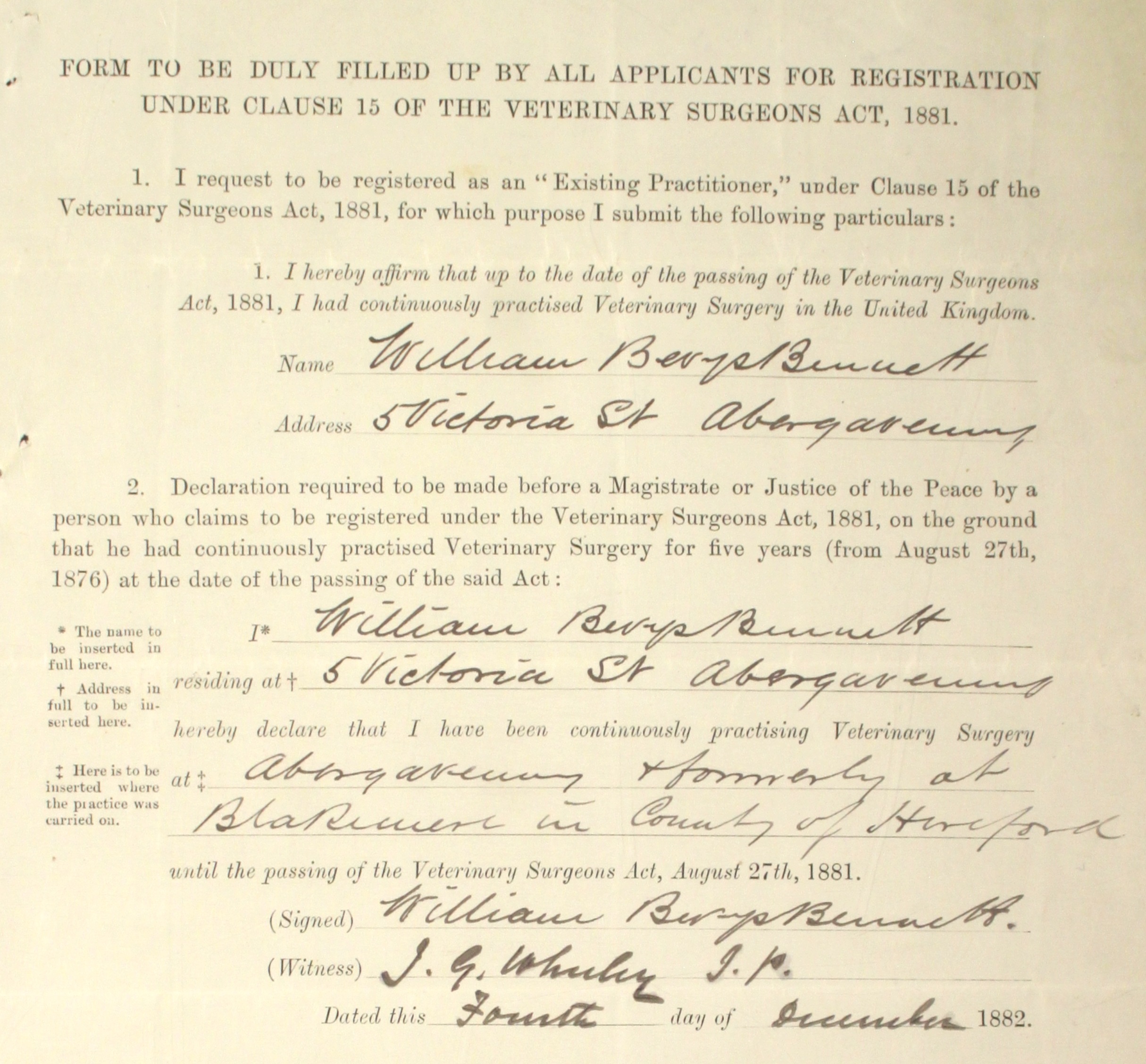

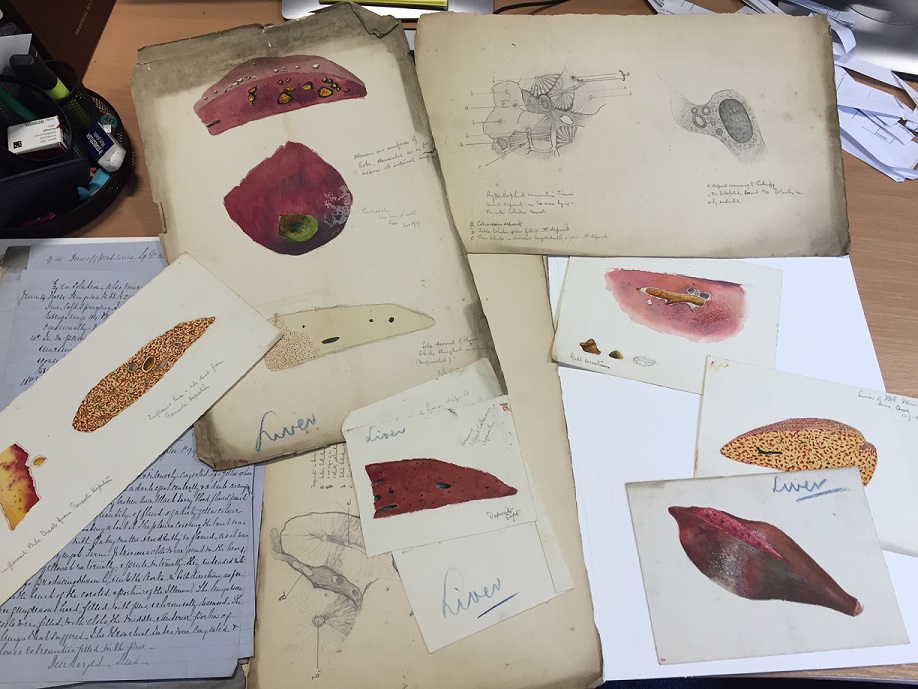



Leave a Reply
Want to join the discussion?Feel free to contribute!